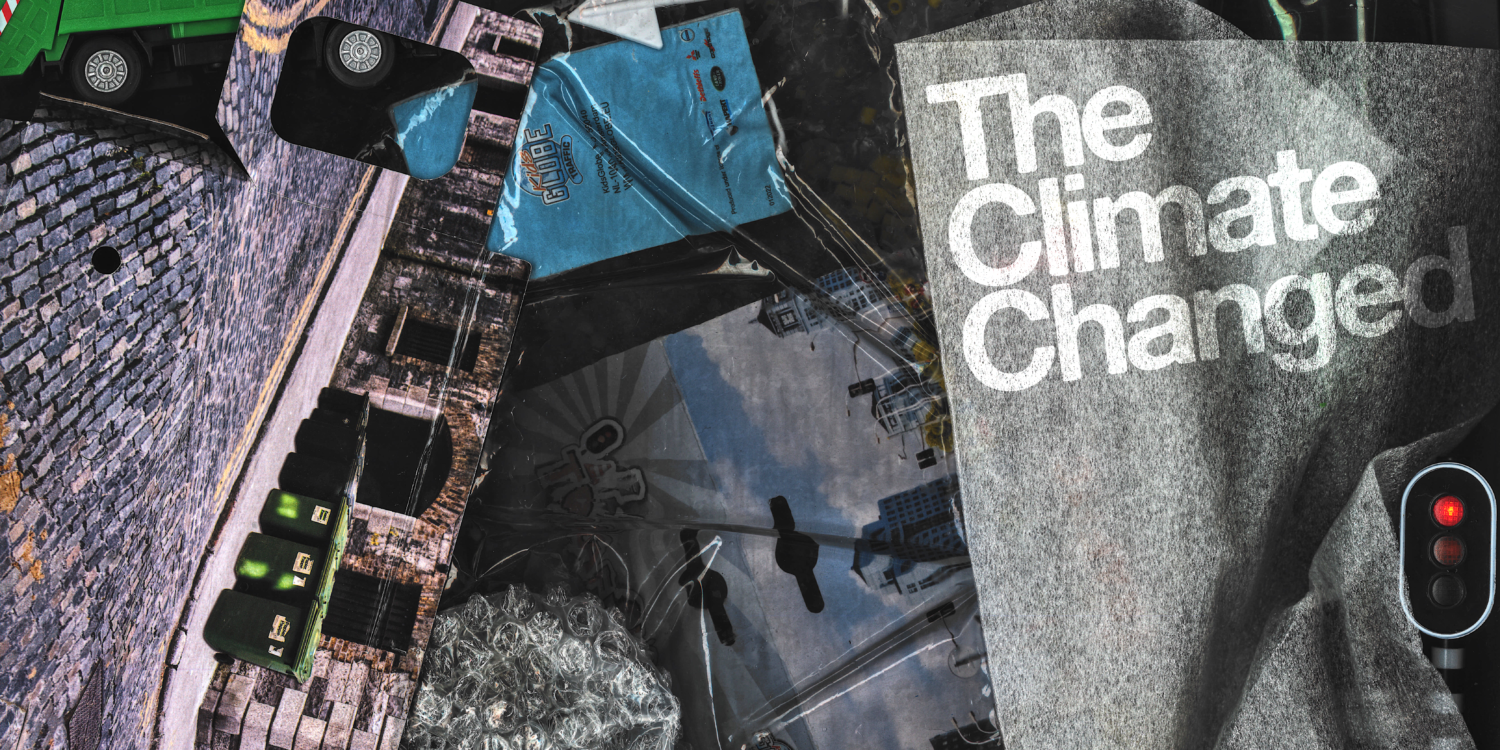In Colombia’s Caribbean coast, meteorological services recorded 15% of the rain estimated for one year in a single day. On the same day, a volcano erupted in Guatemala. In Turkey, a tornado occurred near Istanbul, and a storm wreaked havoc in Ankara while wildfires burned in San Bernardino, California. The flow of simultaneous disasters caused by industrial capitalism lays bare the ecological interconnectivity of the world we live in, our interwoven web of life. Yet, despite the ubiquity of atmospheric events, the depiction of global warming as a shared experience obscures the disparate and unequal consequences this process holds. For instance, polar bears are close to extinction while jellyfish thrive in the warming oceans, and viruses move through the networks of the globalised economy, sustaining urbanisation. Millions of people get stranded or die trying to migrate to safer lands, while a few billionaires build utopian retreats to protect themselves from ecological breakdown. Sustaining the idea that we are all in the same boat and that this breakdown will affect all modes of life equally continues to reproduce climate injustice and greenwashed policies.
This open call proposes that there might be a kind of bittersweet release in the uncomfortable acceptance that there is no longer a distant future, The Climate Changed. The title also refers to a change of mood, a shift of attitude away from the enthusiastic celebration of human technical mastery or the doomer stance that ignores how living beings have lived and continue to live in precarity.
We would like to invite architects, urbanists, writers, artists, critics and any other curious thinkers interested in discussing ways of learning to take care, cultivate, transform, struggle, and embrace living in our troubled times. In the spirit of Staying with the Trouble* in this call, we invite pitches which address the intertwined connections between architecture, space-making and environmental breakdown. How are we dealing with climate reality in our spatial politics and architectural practices? How are we working against it or working with it? Some topics we are especially interested in include:
- Infrastructure Narratives: landscape-territorial regimes and ecological colonialism; new, surviving and (dis)integrating ecologies; and narratives about waste, pollution and toxicity.
- Speculative Fiction: Speculative approaches to the entanglements between human and more-than-human worlds. Stories to rethink the structures that hold together the failures of architecture, policy-making and urbanism.
- Radical materiality and shifting material values: Inquiries on the construction, operation and demolition industry, calculating the real planetary/ecological cost of architecture, including the destruction of ecosystems elsewhere or in the future and physical/emotional cost of labourers involved in the process.
We will be receiving pitches until May 4th, 2023. Please follow the pitching guidelines on our “Contribute” page.
*Donna Haraway, Staying with the Trouble. Making Kin in the Chthulucene, Duke University Press, Durham and London, 2016.
Image by María Mazzanti
